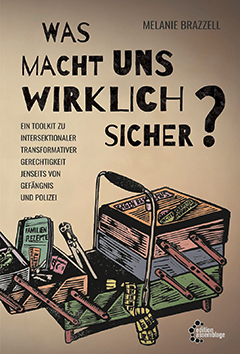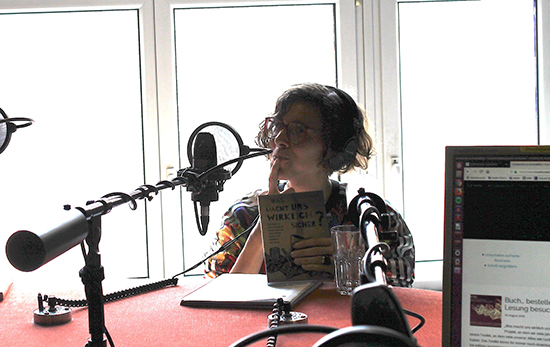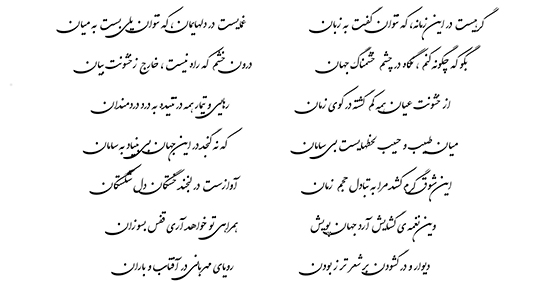Toolkit Book

How can seemingly good ideas like supporting survivors of violence go so wrong by supporting racist
surveillance and security regimes? In light of the debates around the sexual assaults and racial
profiling at New Years for the last two years in Cologne, the Was macht uns wirklich sicher? Toolkit
critiques the State’s so-called “protection” in cases of sexual and intimate partner violence.
Strategies like the police, prisons, and borders re_produce violence rather than end it. If the
police and borders cannot give us safety, what alternatives do we have in our own communities? How
can we make ourselves safe?
To sharpen our analysis and find answers, we created this toolkit. It brings together contributions
from many Berlin-based activists and organizations (see below).
The toolkit is the culmination and documentation of the What Really Makes Us Safe? Project, and is
available in German from edition assemblage. It is an expanded version of the self-published
toolkit, which is still available online.
Contributors
Interview
Ghazal
Listen to Farzada reading her and Zoya’s poetic contribution to the book.
In their contribution to the book, Farzada and Zoya from Care/Acountability/Conflict/Awareness
(CACA) describe the beauty and weariness of transformative justice work. They chose to express their
feelings towards the work creatively, in the form of a Ghazal in Farsi.
“Still, we’re not hopeful of reaching safehood or coming to any solutions. But we’re glad to do the
work while we can, out of a true love for those around us, for as long our capacities allow. Farzada
touches on all of these points much more effectively in the ghazal, moving away from the structure
and logic of analytic prose, toward the musings of the heart.
We prefer to give recourse to the tradition of poetry and allow the rhythm of ghazal to work its
magic. According to Wikipedia, this form of poetry originated in North Africa, central and
south-east Asia, and is usually written by an ‘unrequited lover whose beloved is portrayed as
unattainable, […] invoking melancholy, love, longing and metaphysical questions."












